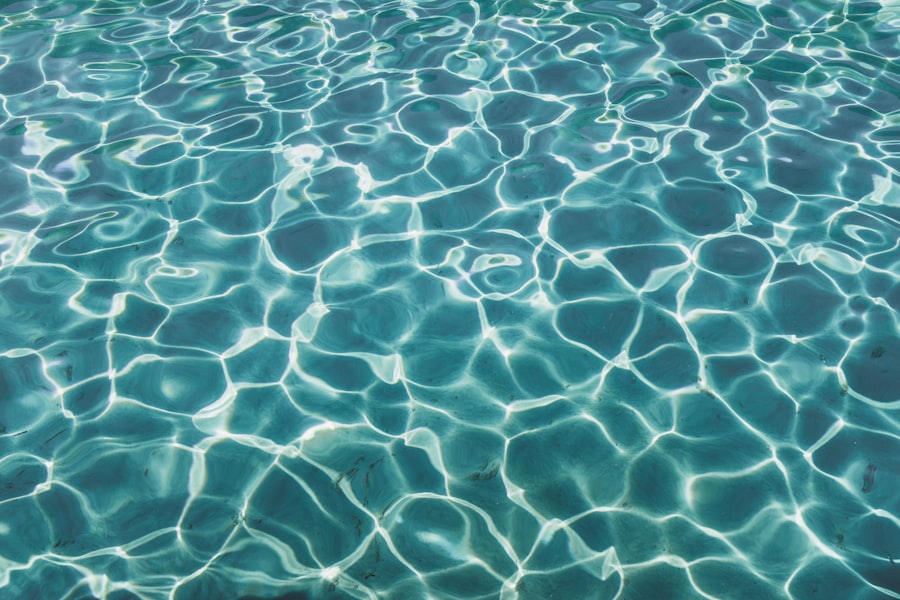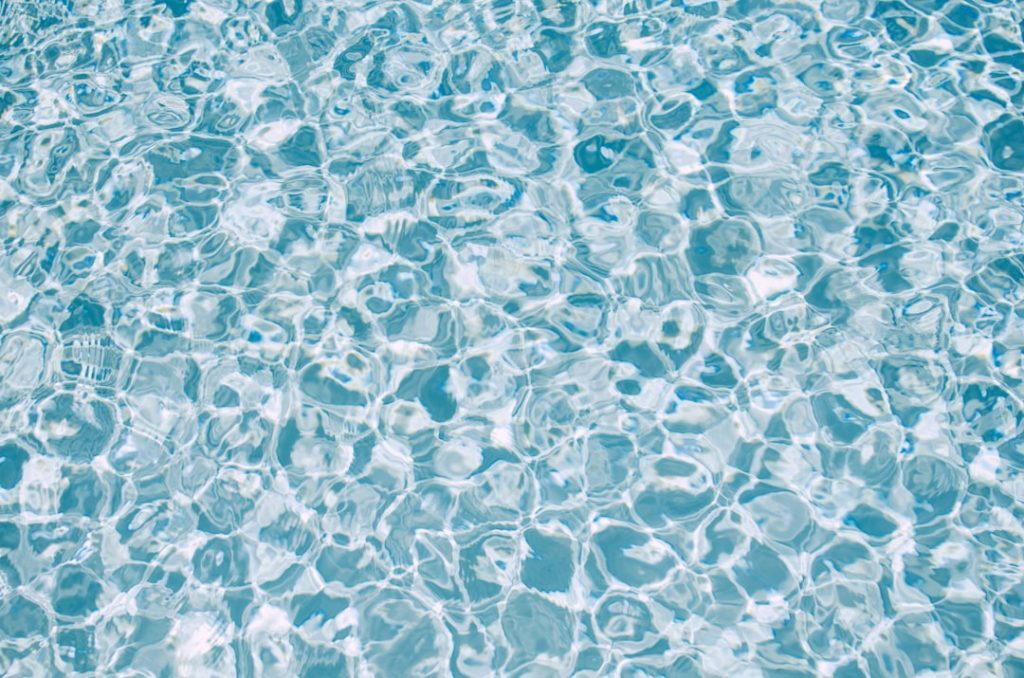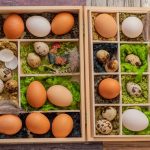Maintaining chicken health and well-being requires addressing their fundamental needs, including access to clean, unfrozen water. When water freezes, chickens may become dehydrated, potentially leading to reduced egg production, poor feather quality, and in severe cases, death. Without adequate water intake, chickens may also consume less food, resulting in malnutrition and other health problems.
Chicken owners should be aware of these risks and take preventive measures against water freezing. In cold climates, water can freeze rapidly, particularly overnight or during prolonged cold spells. Chickens require constant access to water throughout the day for optimal health and hydration.
When water freezes, chickens may struggle to find alternative sources, especially if confined to a coop or run. Therefore, it is essential for chicken owners to implement strategies to prevent water from freezing. Understanding the risks associated with frozen water enables chicken owners to take proactive steps in ensuring their flock has continuous access to liquid water.
Table of Contents
- 1 Insulating the Water Source to Prevent Freezing
- 2 Using Heated Waterers for Constant Access to Liquid Water
- 3 Adding Salt or Grit to the Water to Lower the Freezing Point
- 4 Employing Solar Power to Keep Water from Freezing
- 5 Implementing a Regular Watering Schedule to Prevent Freezing
- 6 Monitoring and Maintaining Water Sources to Ensure Accessibility for Chickens
- 7 FAQs
- 7.1 What are the risks of water freezing for chickens?
- 7.2 How can I keep water from freezing for my chickens?
- 7.3 What are heated waterers and how do they work?
- 7.4 How can I insulate water containers to prevent freezing?
- 7.5 What are heated bases and how do they help prevent water from freezing?
- 7.6 Is it safe to add salt to the water to prevent freezing for chickens?
Key Takeaways
- Frozen water can pose serious risks to chickens, including dehydration and decreased egg production.
- Insulating the water source with materials like foam or hay can help prevent freezing in cold temperatures.
- Heated waterers provide a constant source of liquid water for chickens, even in freezing conditions.
- Adding salt or grit to the water can lower the freezing point and prevent it from solidifying.
- Employing solar power to keep water from freezing is an environmentally friendly and effective solution.
Insulating the Water Source to Prevent Freezing
Using Insulated Waterers
One effective way to prevent water from freezing is to insulate the water source. This can be done by using an insulated waterer or by placing the waterer inside an insulated container. Insulated waterers are designed to keep water from freezing by retaining heat and preventing exposure to cold temperatures.
Design and Materials
These types of waterers are often made of double-walled plastic or have built-in heating elements to keep the water at a constant temperature. Additionally, placing the waterer inside an insulated container, such as a foam cooler or a specially designed insulating cover, can help prevent freezing by providing an extra layer of protection against the cold.
Additional Insulation Methods
Insulating the water source can also involve using materials such as foam insulation or heat tape to wrap around the waterer and prevent heat loss.
Regular Maintenance
By insulating the water source, chicken owners can help maintain a consistent temperature and prevent freezing, ensuring that their flock has access to liquid water at all times. It’s important to regularly check the insulation and make any necessary adjustments to ensure that it remains effective in preventing freezing.
Using Heated Waterers for Constant Access to Liquid Water

Another effective way to ensure constant access to liquid water for chickens is by using heated waterers. Heated waterers are specifically designed to prevent water from freezing by using built-in heating elements that keep the water at a constant temperature. These types of waterers are available in various sizes and styles, including heated bowls, heated bases, and heated fountains.
Heated waterers are typically powered by electricity and are designed to withstand cold temperatures, making them an ideal solution for preventing frozen water in chicken coops and runs. Heated waterers are easy to use and require minimal maintenance, making them a convenient option for chicken owners looking to provide their flock with constant access to liquid water during cold weather. Additionally, some heated waterers are equipped with thermostats that automatically turn on when the temperature drops below freezing, ensuring that the water remains unfrozen at all times.
By using heated waterers, chicken owners can rest assured that their flock will have access to liquid water, even in the coldest of temperatures.
Adding Salt or Grit to the Water to Lower the Freezing Point
In addition to using insulated or heated waterers, chicken owners can add salt or grit to the water to lower the freezing point. Salt lowers the freezing point of water, making it more resistant to freezing in cold temperatures. By adding a small amount of salt to the water, chicken owners can help prevent it from freezing, ensuring that their flock has access to liquid water throughout the day.
It’s important to note that only a small amount of salt should be added to the water, as excessive salt intake can be harmful to chickens. Grit can also be added to the water to help prevent freezing. Grit is made up of small, insoluble particles such as sand or small stones that can help agitate the surface of the water and prevent it from freezing as quickly.
By adding grit to the water, chicken owners can help maintain a liquid surface, making it easier for their flock to access water during cold weather. It’s important to regularly monitor the water and add more salt or grit as needed to ensure that it remains effective in preventing freezing.
Employing Solar Power to Keep Water from Freezing
Another innovative solution for preventing frozen water for chickens is employing solar power to keep the water from freezing. Solar-powered waterers use energy from the sun to power heating elements that prevent the water from freezing in cold temperatures. These types of waterers are environmentally friendly and cost-effective, making them a sustainable option for chicken owners looking to provide their flock with constant access to liquid water without relying on electricity.
Solar-powered waterers typically consist of a solar panel that collects energy from the sun and converts it into electricity to power a heating element within the waterer. These systems are designed to be durable and weather-resistant, making them suitable for use in outdoor environments such as chicken coops and runs. By employing solar power to keep water from freezing, chicken owners can ensure that their flock has access to liquid water throughout the day, even during periods of extended cold weather.
Implementing a Regular Watering Schedule to Prevent Freezing

Preventing Frozen Water
By staying proactive and maintaining a regular watering schedule, chicken owners can help prevent frozen water and ensure that their flock has constant access to liquid water. It’s essential to check the water sources multiple times a day and remove any ice that may have formed on the surface.
Strategic Water Placement
In addition to providing fresh water throughout the day, it’s important to also consider the location of the water sources. Placing the waterers in areas that receive sunlight or near heat sources can help prevent freezing by maintaining a slightly higher temperature around the water source.
Ensuring Flock Health
By strategically placing the waterers and implementing a regular watering schedule, chicken owners can help prevent frozen water and ensure that their flock stays healthy and hydrated during cold weather.
Monitoring and Maintaining Water Sources to Ensure Accessibility for Chickens
Finally, monitoring and maintaining water sources is crucial for ensuring accessibility for chickens, especially during cold weather. Regularly checking the waterers for signs of freezing and removing any ice that may have formed is essential for preventing frozen water. Additionally, cleaning and refilling the waterers regularly will help ensure that the water remains clean and unfrozen for the flock.
It’s also important to check for any leaks or malfunctions in insulated or heated waterers and make any necessary repairs or adjustments as needed. By staying vigilant and proactive in monitoring and maintaining the water sources, chicken owners can ensure that their flock has constant access to liquid water, even in cold temperatures. Additionally, providing multiple water sources throughout the coop and run can help ensure that there is always an unfrozen option available for the chickens.
In conclusion, preventing frozen water for chickens is essential for maintaining their health and well-being during cold weather. By understanding the risks associated with frozen water and implementing proactive measures such as insulating or heating the water source, adding salt or grit, employing solar power, implementing a regular watering schedule, and monitoring and maintaining water sources, chicken owners can ensure that their flock has constant access to liquid water throughout the day. By taking these steps, chicken owners can help prevent dehydration and other health issues associated with frozen water, ensuring that their flock stays healthy and happy year-round.
If you’re looking for ways to keep water from freezing for your chickens during the winter, you may also be interested in learning how to care for goslings. Check out this article for tips on raising healthy and happy geese.
FAQs
What are the risks of water freezing for chickens?
Freezing water can lead to dehydration in chickens, as they may not be able to access enough water to stay properly hydrated. Dehydration can lead to health issues and decreased egg production.
How can I keep water from freezing for my chickens?
There are several methods to prevent water from freezing for chickens, including using heated waterers, insulating water containers, using heated bases, and adding salt to the water to lower its freezing point.
What are heated waterers and how do they work?
Heated waterers are specially designed containers that have a built-in heating element to prevent the water from freezing. They typically plug into an electrical outlet and keep the water at a temperature that prevents freezing.
How can I insulate water containers to prevent freezing?
You can insulate water containers by wrapping them in foam insulation or using specially designed insulating covers. This helps to retain the heat from the water and prevent it from freezing in cold temperatures.
What are heated bases and how do they help prevent water from freezing?
Heated bases are platforms that the water container sits on, and they have a built-in heating element to keep the water from freezing. The heat from the base transfers to the water container, preventing it from freezing.
Is it safe to add salt to the water to prevent freezing for chickens?
Adding a small amount of salt to the water can lower its freezing point, but it’s important to use caution and not add too much salt, as it can be harmful to chickens if ingested in large quantities. It’s best to use other methods to prevent freezing and only use salt as a last resort.
Meet Walter, the feathered-friend fanatic of Florida! Nestled in the sunshine state, Walter struts through life with his feathered companions, clucking his way to happiness. With a coop that’s fancier than a five-star hotel, he’s the Don Juan of the chicken world. When he’s not teaching his hens to do the cha-cha, you’ll find him in a heated debate with his prized rooster, Sir Clucks-a-Lot. Walter’s poultry passion is no yolk; he’s the sunny-side-up guy you never knew you needed in your flock of friends!







